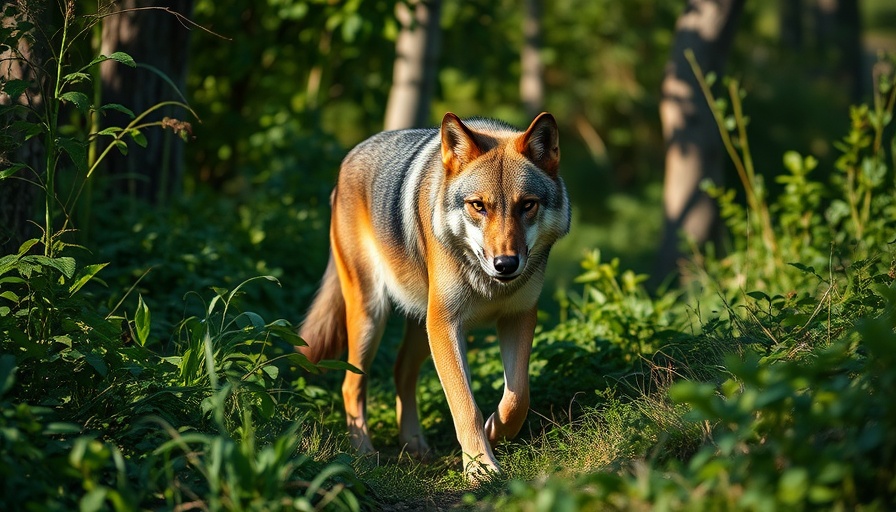
The Story Behind the Copper Creek Wolf
In a significant event that underscores the ongoing conflict between wildlife conservation and agricultural interests, Colorado Parks and Wildlife (CPW) has confirmed the death of a wolf in Rio Blanco County. This wolf, known to be a yearling from the Copper Creek pack, was responsible for the deaths of six sheep, leading to its controversial lethal removal. The pup, left behind during a previous capture and relocation effort, was identified through DNA testing, highlighting the intricate dynamics of wildlife management in the region.
Understanding the Context: The Copper Creek Pack
The Copper Creek pack was relocated to control their growing conflict with livestock in Grand County. As part of Colorado's wolf reintroduction efforts, their relocation aimed to mitigate predation on livestock while promoting ecological balance. However, the recent incidents raise questions about the effectiveness and ethics of such measures, especially when young wolves struggle to adapt to their new environments.
Impact of Wildfires on Wildlife Management
The Elk Fire in northwestern Colorado complicated CPW's response to managing the wolf population. Burning from August 2 to August 17, it hampered search efforts for the yearling wolf, illustrating how natural disasters can disrupt wildlife management strategies and add stress to the already delicate balance of predator-prey relationships.
Reactions from the Community
The response to the wolf's death has been mixed. While some local farmers advocate for swift action to protect livestock, wildlife advocates see this as a tragedy and a necessary call for further discussion around management practices and the implications for wolf populations. The howling of the young wolf, interpreted by some as a cry for family, reveals deep emotional connections that these animals possess, complicating perceptions of wildlife control policies.
Future Implications for Wolf Management in Colorado
The ongoing situation impacts future wildlife management policies in Colorado, particularly concerning the balance between conservation efforts and agricultural needs. As the state navigates this complex issue, many are calling for greater community engagement and innovative management strategies that consider both ecological preservation and agricultural challenges.
 Add Row
Add Row  Add
Add 




Write A Comment